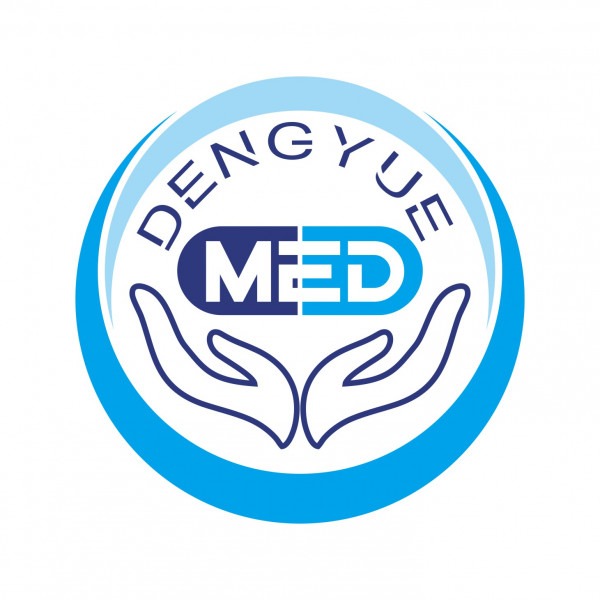Advancements in Recombinant Human Albumin: A Plant-Based Innovation for Managing Hypoalbuminemia in Cirrhosis
In the field of biopharmaceuticals, the quest for safer and more sustainable alternatives to traditional plasma-derived proteins has led to exciting developments. One such breakthrough is the Recombinant Human Albumin Injection derived from Oryza sativa (rice), a plant-based solution that's gaining attention for its potential in treating hypoalbuminemia, particularly in patients with cirrhosis where albumin levels drop below 30 g/L.
Hypoalbuminemia in cirrhosis is a common complication, often resulting from impaired liver function, leading to fluid imbalances, ascites, and increased infection risks. Traditionally, human serum albumin (HSA) sourced from plasma has been the go-to treatment, but it comes with challenges like supply shortages, high costs, and the theoretical risk of blood-borne pathogens. Enter OsrHSA—recombinant HSA produced in rice endosperm cells. This innovative approach leverages bioengineering to express human albumin in a plant host, offering a vegan, virus-free alternative that's structurally and functionally equivalent to plasma-derived HSA.
Recent clinical trials have highlighted OsrHSA's efficacy and safety. For instance, multicenter studies have shown it effectively raises serum albumin levels in cirrhosis patients, with comparable pharmacokinetics and tolerability to traditional HSA. In one trial involving hepatic cirrhosis patients with hypoalbuminemia, OsrHSA demonstrated significant improvements in albumin concentration without notable adverse events, paving the way for its approval by China's National Medical Products Administration (NMPA) in July 2025. This marks a milestone in plant-made pharmaceuticals, potentially reducing dependency on human donors and making treatment more accessible globally.
From a molecular biology perspective, the rice expression platform is fascinating. Oryza sativa's endosperm provides a stable environment for high-yield protein production, with purification processes ensuring over 99% purity. This not only minimizes immunogenic risks but also aligns with sustainable biotech practices—rice is abundant, renewable, and requires fewer resources than animal or microbial systems. Researchers interested in protein engineering might explore similar platforms for other therapeutics, as the technology could extend to antibodies or enzymes.
For those in the scientific community working on liver disease models or bioprocessing, OsrHSA represents a tool worth considering in cell culture or preclinical studies, where it has shown promise as a media supplement to enhance cell growth and recombinant protein yields. As global access to advanced biologics improves, partnerships with specialized pharmaceutical distributors like DengYueMed play a key role in bridging the gap between innovation and clinical application, ensuring reliable supply chains for chronic disease treatments.
What are your thoughts on plant-based recombinants? Have you experimented with similar systems in your lab? I'd love to hear from the MolecularCloud community on how this could influence future research!
- Like
- Reply
-
Share
About Us · User Accounts and Benefits · Privacy Policy · Management Center · FAQs
© 2026 MolecularCloud




